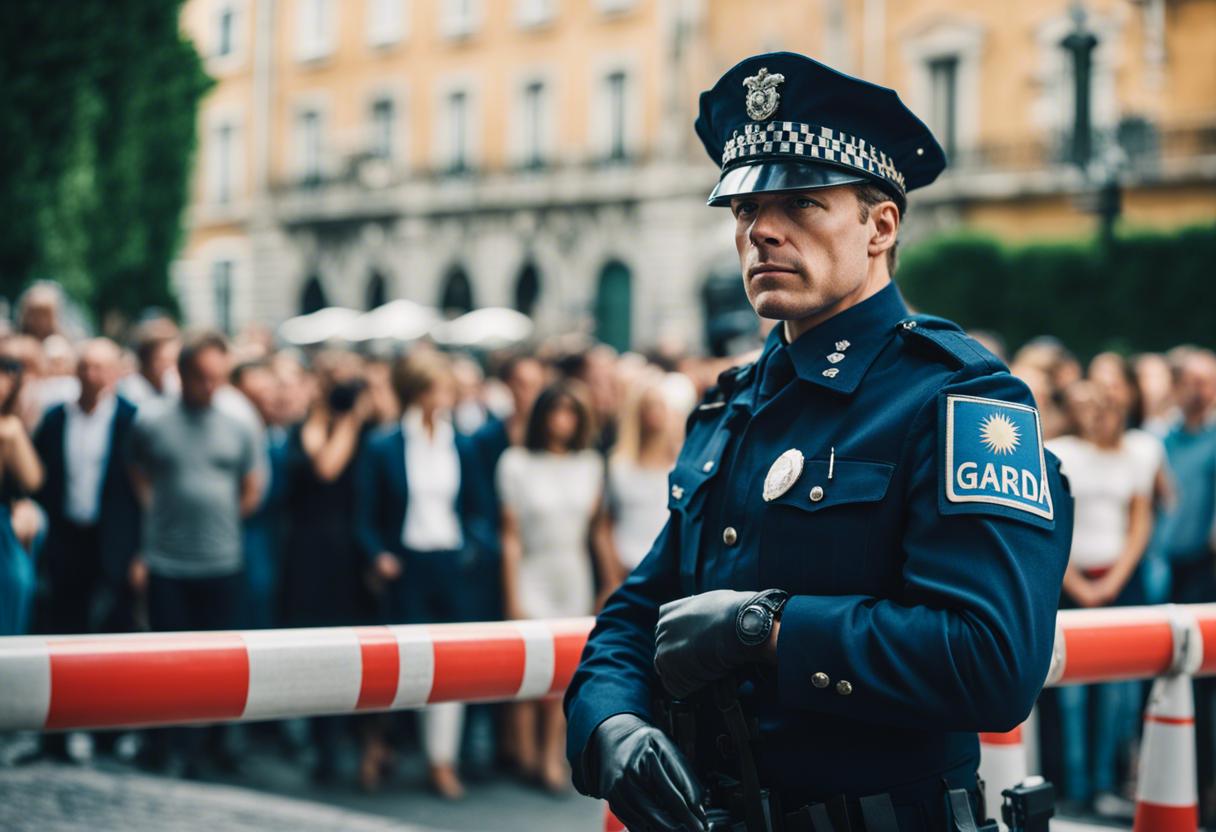The Irish police, known as the Gardaí, received over €6.8 million in the last year for providing security at public events and accompanying outsized cargo on Irish roads. The top contributor was Festival Republic, who paid €349,110 to ensure law and order at the Electric Picnic event the previous year.
Another substantial sum of €324,900 was paid by MCD to the Gardaí for safeguarding a series of shows held at Marlay Park over the summer. The National Ploughing Championships also incurred a respectable security bill, with the police drawing €227,421 for their services during the autumn event.
Festival Republic paid an additional €181,400 for protecting a set of performances at Malahide Castle, while the PGA European Tour contributed €136,600 for the Irish Open golf tournament at the K Club in September. Completing the list of 10 most expensive charges are the events held at Musgrave Park in Cork, St Anne’s Park in Dublin, the RDS, one in Waterford, and the yearly Bloom Festival in Phoenix Park, with costs varying between €75,000 and roughly €104,000.
The Gardaí have confirmed that all the 10 highest invoices, amounting together to nearly €1.65 million, were settled by the event organisers and businesses in question, with no unsettled balances remaining. Facts about the top five non-public duty policing fee payers of the past year were also released under Freedom of Information laws.
Topping this list was Mar-Train Heavy Haulage who paid €907,068 to the Gardaí. This firm is known for transporting heavy loads like wind turbines and industrial machinery.
Last year, An Garda Síochána received a payment of €874,849 from MCD, a concert promoting firm, making it their highest earnings. The IRFU followed with nearly €350,000 payment for law enforcement services provided principally at the Aviva Stadium during rugby games. Munster GAA also presented a payment of €236,259 for football and hurling games based on the revealed data.
Gardaí notes that off-duty officers perform what they call “non-public duty”, done under arrangements with event planners and promoters for concerts, races, sports matches and other large-scale gatherings. An explanatory note stated that these duties would normally require services from members of An Garda Síochána beyond their usual assignments.
The state compensates these members for their services. The Gardaí outlined in an informational note that it was common practice to bill organisations for duties carried out by members inside the event. They maintained that public safety remained a paramount concern in the policy of An Garda Síochána.

